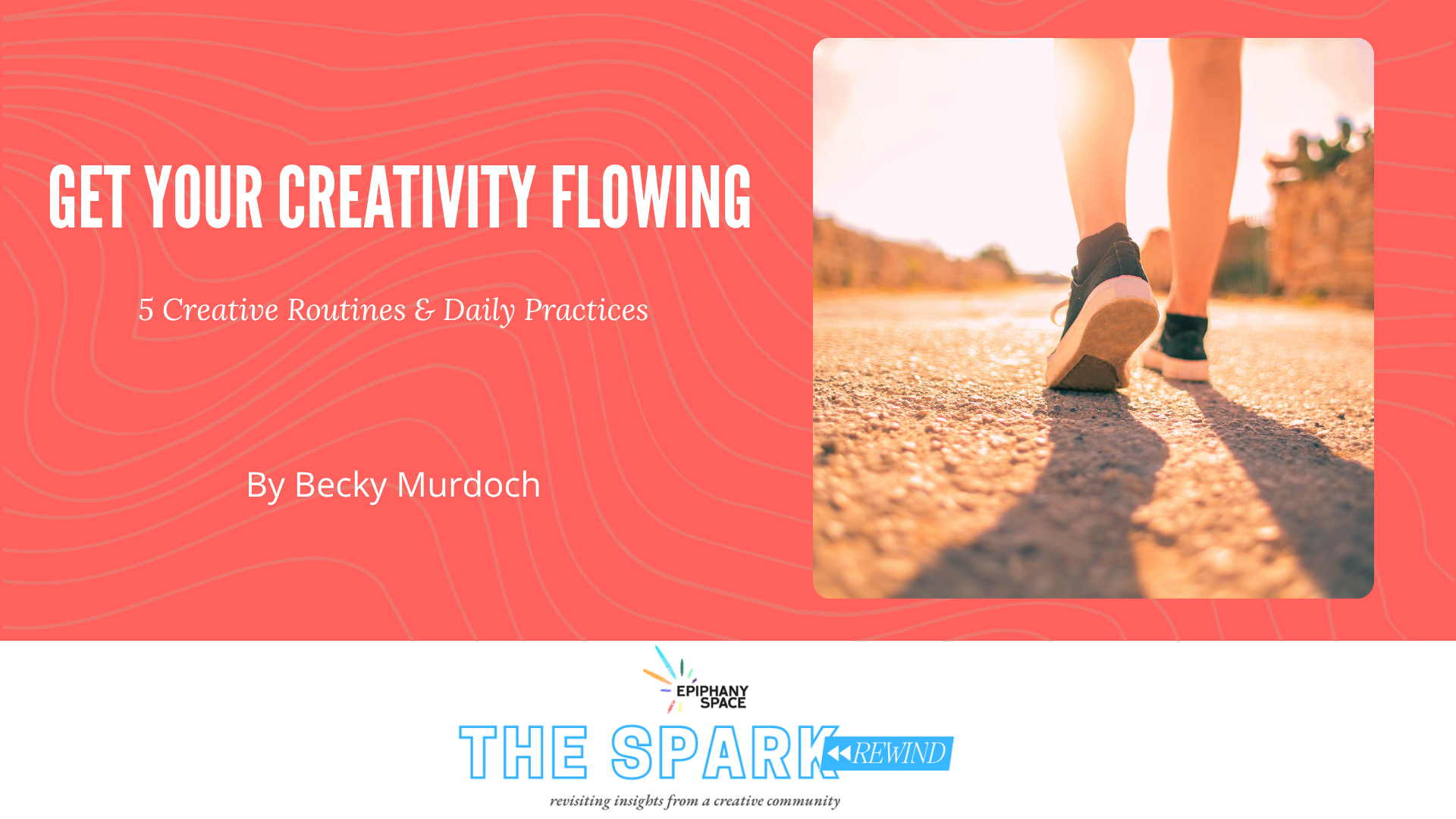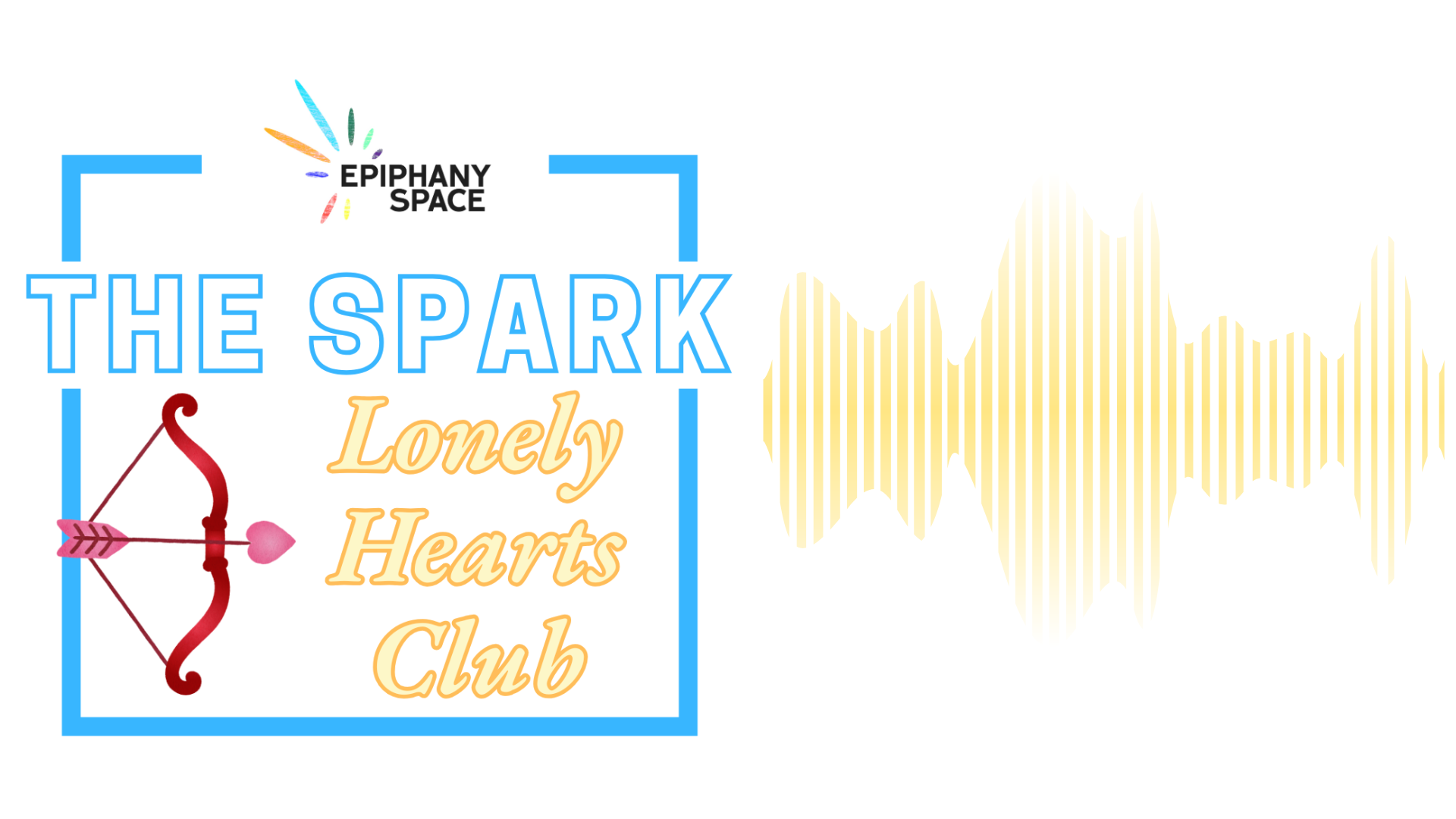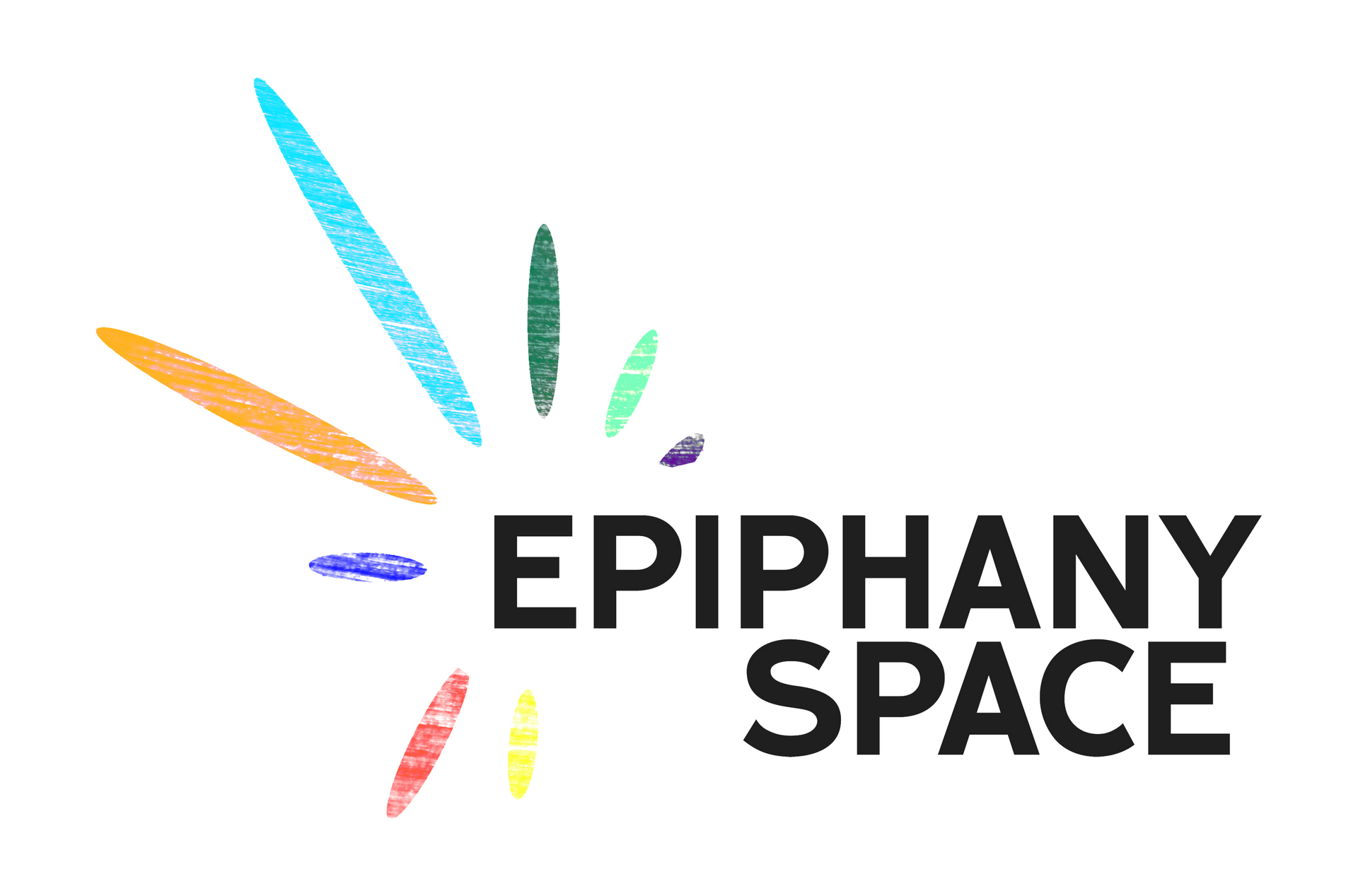Article
Playing For Health | Part 2
Playing For Health | Part 2
By Del Herring
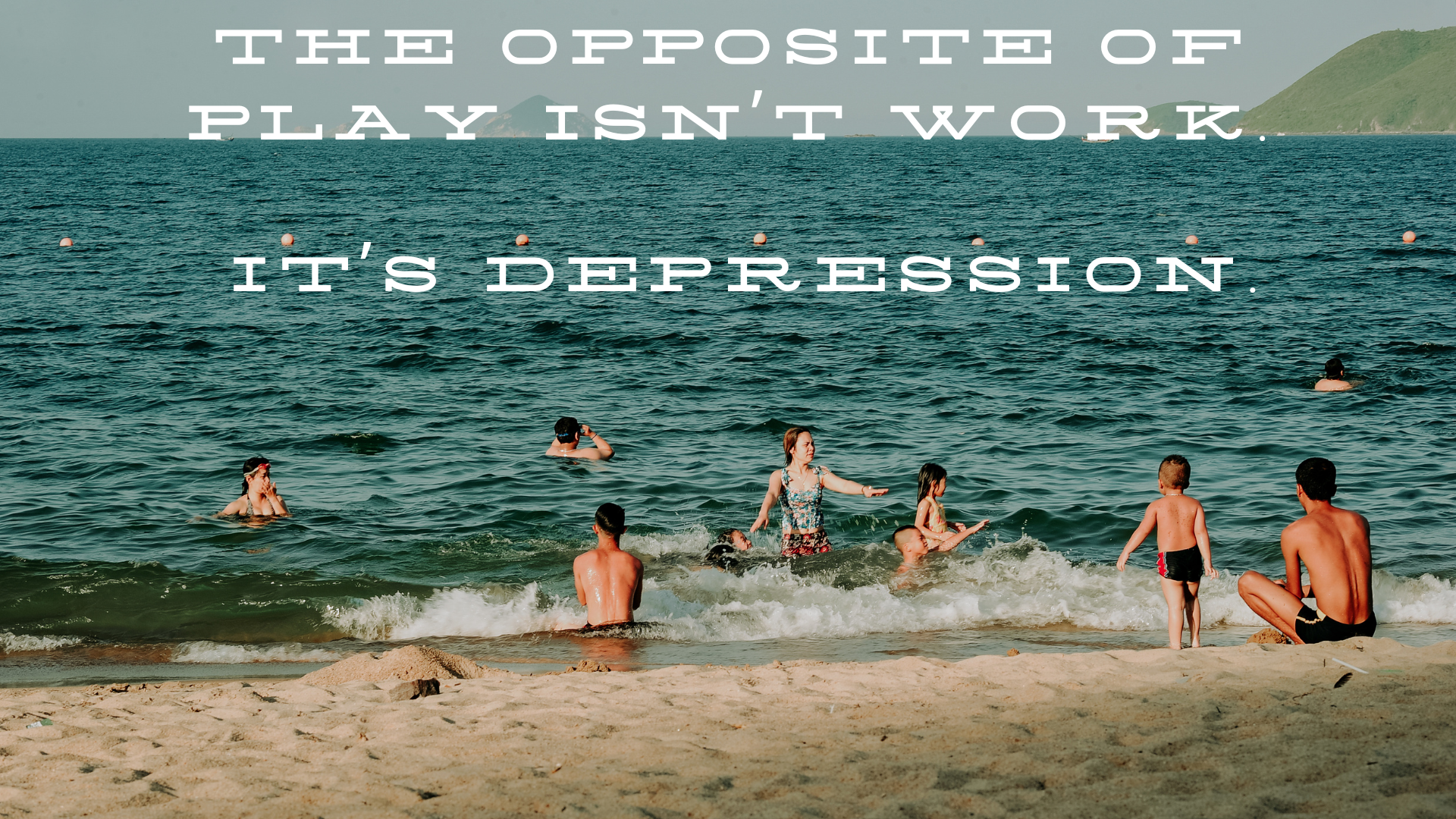
What keeps most adults from playing like children? There are significant social pressures to conform. Many of us have embedded messages in our heads, perhaps from parents, teachers, or other authority figures that tell us that we must not “waste” time in nonproductive activities. However, research suggests that it’s not a waste of time.
An interesting corollary about play was proposed by researcher Brian Sutton-Smith (1924-2015), a pioneer in the study of play:
The opposite of play isn’t work. It’s depression.
These words underscore the importance of play being both an activity and a mental state—a state that is as light and fulfilling as depression is dark and draining.
Gordon Burghart, who studies play in animals, including non-mammals, outlines five criteria he must see to consider an animal’s activity play:
- Play is not fully functional in the form in which it is expressed.
- Play is voluntary, spontaneous, and is done for its own sake.
- Play is incomplete, exaggerated, or precocious.
- Play is repeated but is not carried out exactly the same way each time.
- Play is initiated by healthy animals free of stress.
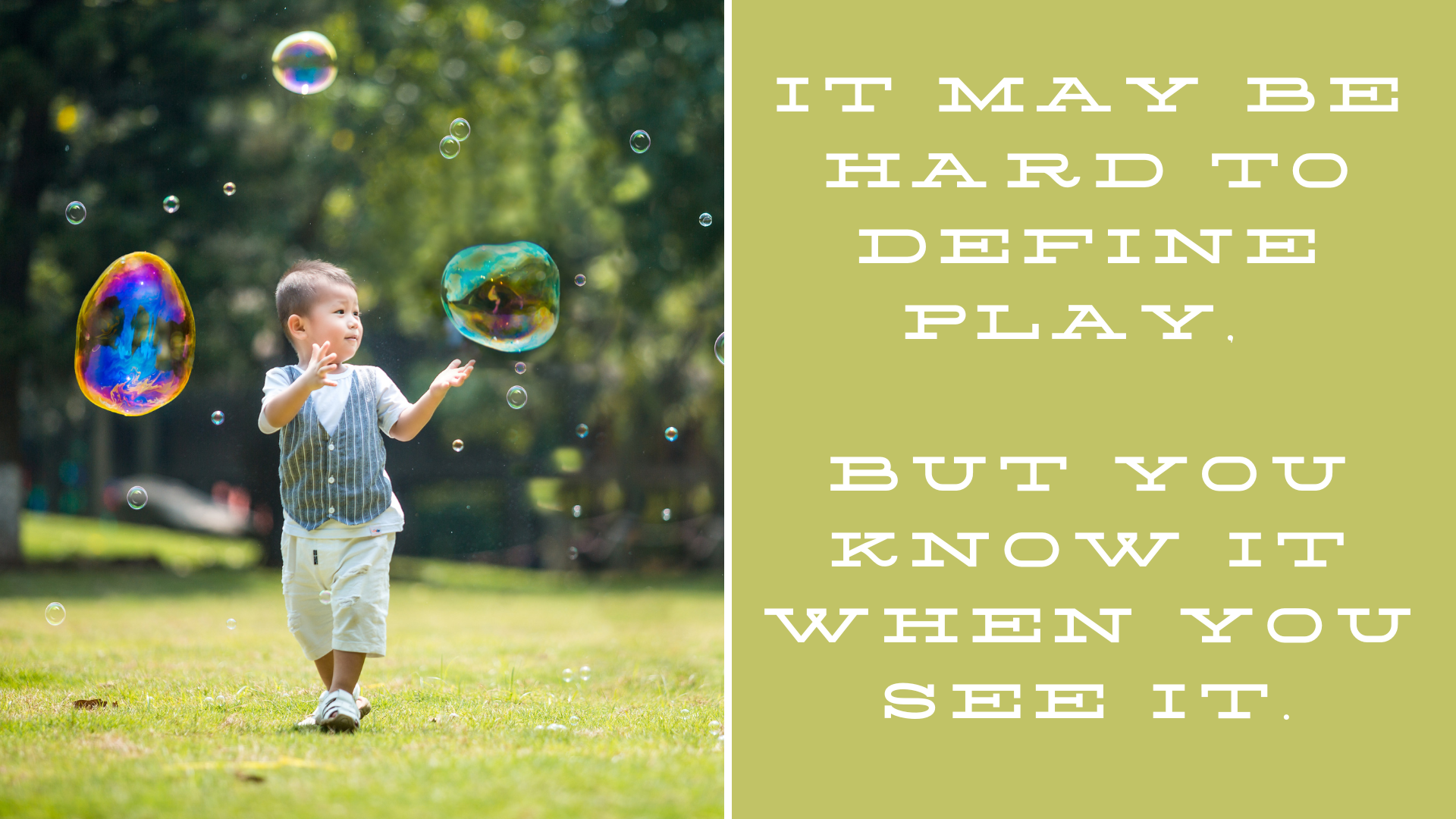
Some researchers disagree on whether animals, especially non-mammals like members of the crocodile family or an octopus can truly play. Crocodiles have been seen repeatedly sliding down river embankments for no apparent reason other than the fun of it. An octopus may play with an object by jetting its siphon at it. Other than the creature’s amusement, there seems to be no other reason for these behaviors. Still, some researchers are skeptical.
One of the hardest lines to define is the difference between play and exploration. Skeptics say that the octopus jetting its siphon at an object is exploring the object, testing for a reaction. Similarly, a sliding crocodile might be exploring the terrain of an embankment; such knowledge might make it easier for the crocodile to chase down prey. However, the skeptics have skeptics. Kerrie Lewis, who studies play in non-human primates, says:
It may be hard to define play, but you know it when you see it.
In summary, play is doing something for the fun of doing it. It feels good. That might prompt the question: Why do things we did as kids in the name of play not feel the same to us as adults? Is jumping into a pile of leaves no longer fun? Do our minds simply anticipate the additional raking work that the moment of fun entails and squelch the interest? The researchers haven’t answered this question.
Some people aren’t very good at play. They feel instinctively that it’s a waste of time., or it generates negative feelings such as guilt. They feel anxious about engaging in something that is essentially self-pleasuring, perhaps feeling it’s selfish, or too close a parallel to masturbation. Perhaps, with practice and awareness of its deep biological significance and power, play can become the natural antidepressant it’s supposed to be.
Free play once dominated children’s after-school schedules, but now, organized sports dominate. It’s easy to see there’s a big difference and many kids are growing up without much free play. With this loss of play, will we see an increase in violence? Maybe we already have.
Summarizing the experts, a distilled definition of play comes to this:
- Play is pleasant independent of outcome.
- Play can be productive but need not be.
- Play is voluntary and not directed.
- Play does not require one to reach a level of skill or mastery to be enjoyable.
- Play can be fractional: an activity can be partly play (playful) up to 100 percent pure play.
Some challenging activities may become play once a level of mastery is obtained, such as sailing or surfing. Do video games count? Well, a while back I set aside video games because I didn’t want to invest hours moving bits and bytes around on a computer chip, only to have it all disappear when the game was over. I felt guilty about the nonproductive activity, even though it was fun at the time. Now, I can turn that around and see the very definition of play.
Can we, as artists, renew our minds with play? Nourish our creativity? That’s a matter for independent study, but because biology has dedicated brain-core circuitry to play, it’s well worth a few experimental endeavors. Since play is wired into humans and other mammals, and probably reptiles and invertebrates like octopuses, we should respect its potential and explore its value as an active anti-anxiety “meditation” and creativity refresher.
Now, go out and play!


